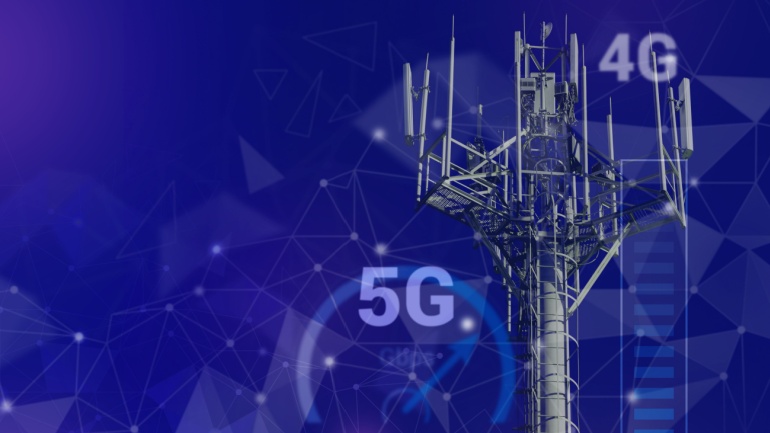Vodafone Spain is collaborating with Ericsson to promote the transformative capabilities of private 5G networks for enterprises. The initiative includes a series of conferences across Spain, showcasing the technology’s potential to revolutionize various industrial sectors.
MS3 Networks, a leading full-fibre network operator, has achieved a significant milestone by surpassing 200,000 premises with its network build in the Hull and the Humber region of England. Over the past two years, the company has been rapidly expanding its network, with the additional achievement of connecting its 10,000th customer in Hull.
In a significant move towards bolstering AI infrastructure in Asia, Japan’s KDDI and Sharp have initiated discussions with Super Micro Computer Inc. and Datasection to establish the region’s largest AI data centre. The ambitious project will be situated at the soon-to-be-closed Sharp Sakai Plant in Osaka, marking a strategic repurposing of the unprofitable facility slated to shut down in September.
Swisscom has revealed that its Italian subsidiary, FastWeb, has sold its 4.5% stake in FiberCop to Optics BidCo, a subsidiary of KKR, for €439 million. FiberCop, formed in 2021 by Telecom Italia (TIM), KKR, and FastWeb, manages the ‘last mile’ fibre network, connecting homes to street cabinets.
Cisco has unveiled a $1 billion fund dedicated to investing in AI startups, marking a significant move to strengthen its presence in the AI industry. CEO Chuck Robbins made the announcement at the company’s “Cisco Live” event in Las Vegas, emphasizing that the investment, though modest by AI standards, aims to foster innovative solutions and assist businesses in navigating the AI landscape.
Today at Customer Contact Week (CCW), Sanas, provider of the world’s first Real-Time Accent Translation technology, announced its newest product, Sanas Noise Cancellation, will be free to all organizations globally forever, starting in August. Leveraging patent-pending next-generation AI technology, Sanas Noise Cancellation will elevate the entire contact center industry by offering a complimentary, noise-free communications environment to contact centers worldwide.
DZS, a leading developer of Network Edge, Connectivity, and Cloud Software solutions enabling broadband everywhere, has announced the successful completion of its acquisition of NetComm Wireless Pty Ltd. This acquisition marks a significant milestone for DZS, reinforcing its dedication to providing comprehensive connectivity solutions to communications service providers and enterprise customers.
The Affordable Connectivity Program (ACP), a lifeline for millions of low-income Americans struggling to afford internet access, has officially shut down. Despite bipartisan support, Congress failed to secure additional funding, leaving the future of the program uncertain.
Tech giant Microsoft is supercharging Sweden’s leap into the future with a hefty $3.2 billion investment. This two-year commitment will focus on expanding the company’s cloud and artificial intelligence (AI) capabilities within the country.
A consortium comprising two Japanese banks, mobile operator NTT DOCOMO, and Space Compass Corporation has committed $100 million to HAPS developer AALTO. This substantial investment aims to support AALTO’s industrial and commercial roadmap, targeting a commercial launch of its services by 2026.













